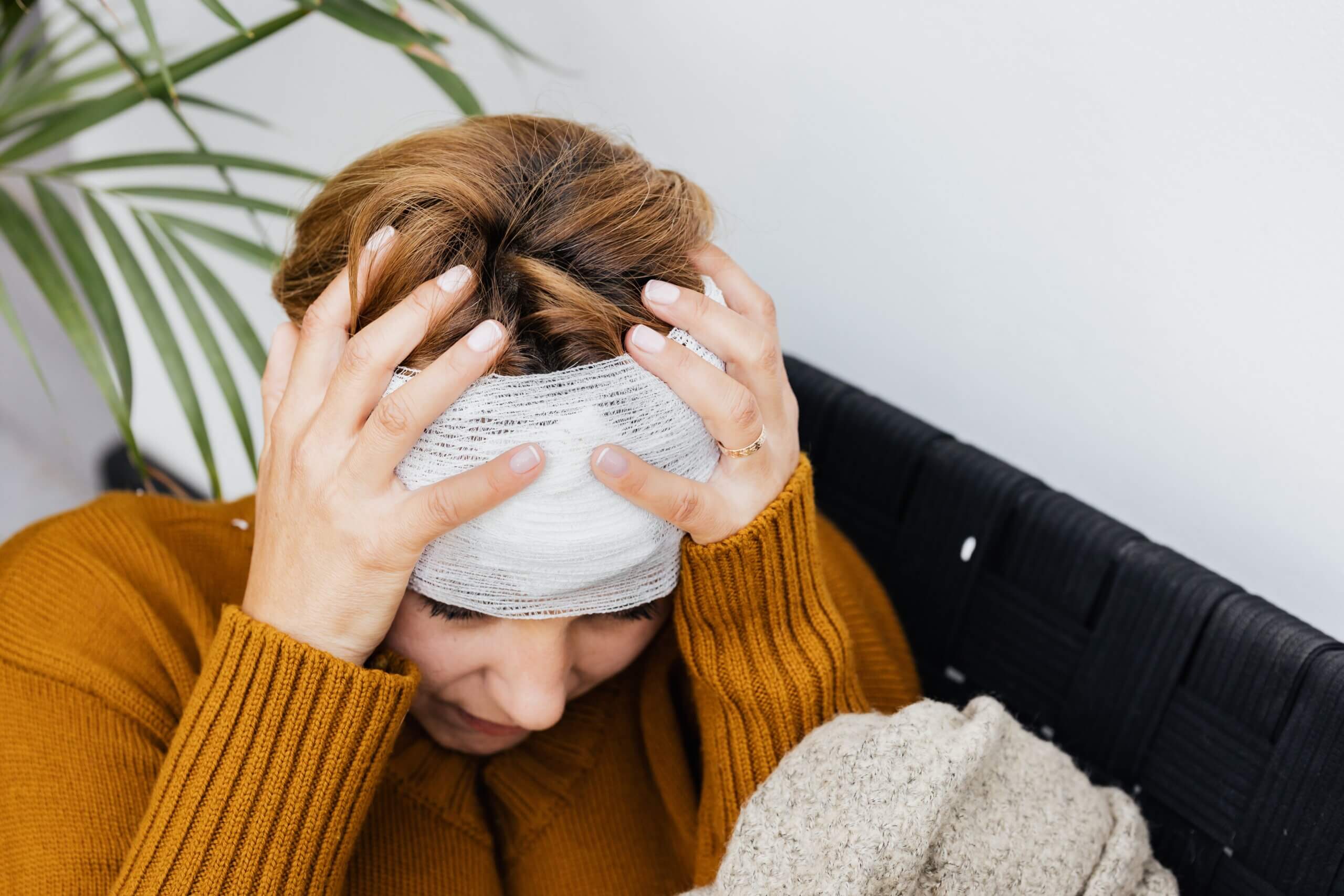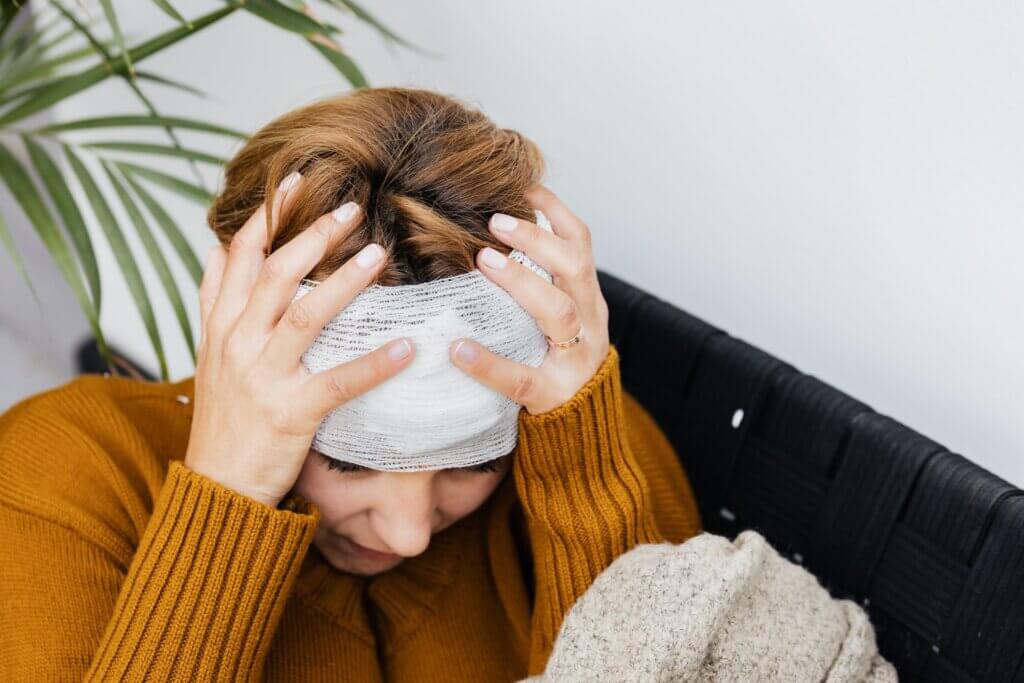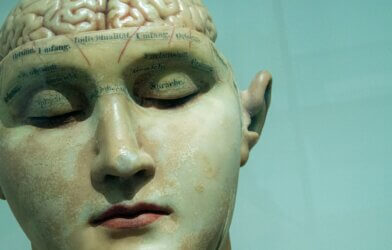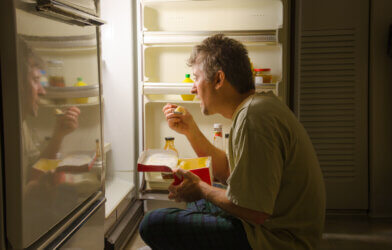Unlocking the Link Between Tough Childhoods and Head Injuries
Hey there, curious minds! Today, we’ve got some intriguing research that dives into the connection between tough childhoods and head injuries. You might have heard of ACEs, which stands for Adverse Childhood Experiences. These are stressful or traumatic events that happen during the first 18 years of a person’s life. Well, it turns out they can have some surprising effects later on.
Altaf Saadi, a super-smart doctor and researcher at Massachusetts General Hospital and Harvard Medical School, wanted to find out if there’s a link between ACEs and head or neck injuries in kids. So, what did they do?
They looked at data from over 11,000 kids, all between the ages of 9 and 10. This data came from something called the Adolescent Brain Cognitive Development (ABCD) Study, which is a big project looking at how kids’ brains develop.
In this study, they focused on eight ACEs, like sexual abuse, physical abuse, and things like parents going through tough times, like divorce or dealing with addiction. Then, they looked at whether these kids had a history of head or neck injuries or concussions.
Here’s what they found:
- If a kid had two ACEs, they were 24% more likely to have had a head or neck injury and a whopping 64% more likely to have had a concussion.
- But wait, there’s more! If a kid had four or more ACEs, their chances of head or neck injuries shot up by 70%, and their risk of concussion nearly doubled (140% increase).
What’s even more interesting is that some specific ACEs, like sexual abuse or a parent’s mental health issues, were linked to higher chances of head or neck injuries and concussions.
So, what does all this mean for us? Well, it suggests that ACEs can play a role in childhood head injuries, and that’s something we need to pay attention to. Doctors and experts should think about ACEs when they work on ways to prevent and treat head injuries in kids.
This research reminds us that tough experiences in childhood can have long-lasting effects on our health. So, it’s essential to work on reducing ACEs to make sure kids grow up healthy and happy.
Keep your eyes peeled for more fascinating research like this, and remember, knowledge is power! 🤓🧠💥













